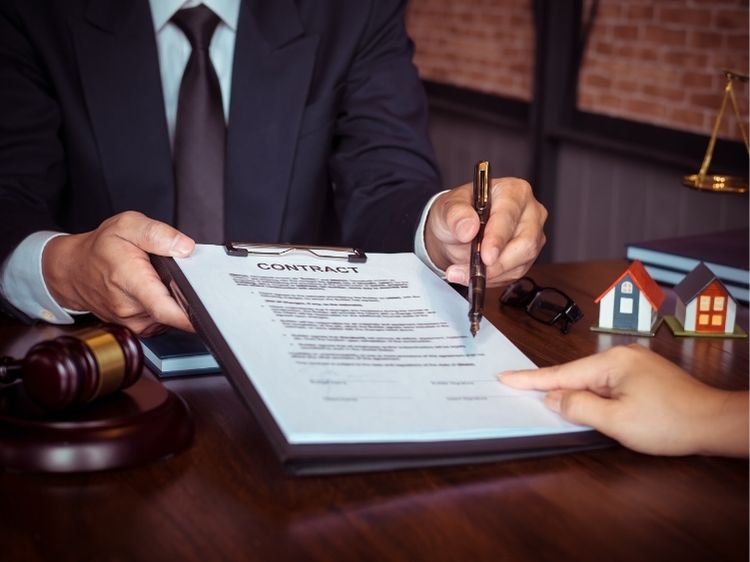Liability for Negligence: Understanding Your Responsibilities
When you hear the term “liability for negligence,” what comes to mind? For many, it conjures up images of legal battles, hefty fines, and endless paperwork. But at its core, liability for negligence is about understanding your responsibilities and ensuring that your actions, or lack thereof, don’t harm others. Whether you’re a business owner, a professional, or just someone trying to navigate daily life, grasping the concept of negligence is crucial. So, let’s dive into what liability for negligence truly means, how it can impact you, and what steps you can take to protect yourself.
What is Negligence?
Negligence, in legal terms, refers to the failure to exercise the level of care that a reasonably prudent person would in similar circumstances. In simpler words, it’s about not doing what you should have done to prevent harm. For example, if you’re driving and ignore a stop sign, causing an accident, that’s negligence. You had a duty to stop, but you didn’t, and someone got hurt because of it. Negligence can occur in various situations, from personal actions to professional duties.
Elements of Negligence
To establish liability for negligence, four key elements must be proven:
- Duty of Care: The defendant must have owed a duty of care to the plaintiff. This means that they were expected to act in a way that would prevent harm.
- Breach of Duty: The defendant must have breached that duty by failing to act as a reasonably prudent person would have in the same situation.
- Causation: The breach of duty must have directly caused the plaintiff’s injury or damage.
- Damages: The plaintiff must have suffered actual harm or loss as a result of the defendant’s actions.
Each of these elements must be present for a negligence claim to hold water. If one is missing, the case may not succeed.
Examples of Negligence
Negligence can occur in various aspects of life. Here are some common examples:
- Medical Negligence: A surgeon leaving a tool inside a patient during surgery.
- Professional Negligence: An accountant failing to file a client’s taxes on time, resulting in penalties.
- Property Negligence: A landlord not repairing a broken handrail, leading to a tenant’s fall.
In each of these examples, the person responsible had a duty to act responsibly but failed to do so, leading to harm.
Types of Liability for Negligence
There are different types of liability that can arise from negligence. Understanding these can help you better protect yourself or your business.
- Direct Liability: This is when an individual or business is directly responsible for the harm caused by their negligence. For example, if a restaurant serves contaminated food that causes food poisoning, the restaurant is directly liable.
- Vicarious Liability: Sometimes, one person or entity can be held responsible for the negligence of another. A common example is an employer being held liable for the actions of their employee. If a delivery driver causes an accident while on the job, the employer may be vicariously liable.
- Strict Liability: In some cases, liability can be imposed regardless of negligence. This often applies in situations involving inherently dangerous activities. For example, if a construction company uses explosives and someone gets injured, the company may be strictly liable, even if they took precautions.
Defenses Against Liability for Negligence
Just because someone is accused of negligence doesn’t mean they will automatically be found liable. There are several defenses that can be used to contest a negligence claim:
- Contributory Negligence: If the plaintiff is found to be partly responsible for their injury, they may not be able to recover damages. For example, if someone slips on a wet floor but was running at the time, their own negligence could be a factor.
- Comparative Negligence: Similar to contributory negligence, but in this case, the plaintiff’s damages are reduced by the percentage of their own fault. If a court finds that a plaintiff is 30% responsible for their injury, they may only recover 70% of the damages.
- Assumption of Risk: If the plaintiff knowingly engaged in a risky activity, they may not be able to claim negligence. For instance, if someone chooses to participate in a dangerous sport, they may have assumed the risk of injury.
The Impact of Negligence on Businesses
For businesses, liability for negligence can be particularly costly. Beyond the financial impact, there’s the potential for damage to reputation, loss of customers, and even the possibility of the business shutting down. This is why it’s so important for businesses to take steps to mitigate their risks.
How Businesses Can Protect Themselves
- Implement Safety Protocols: Regularly review and update safety procedures to ensure they meet industry standards.
- Provide Training: Educate employees on best practices to avoid negligence. This could include everything from customer service training to safety drills.
- Regular Inspections: Conduct routine inspections of your premises or equipment to identify and address potential hazards.
- Insurance: Consider obtaining liability insurance to protect your business from the financial fallout of a negligence claim.
Frequently Asked Questions (FAQs)
What is the difference between negligence and gross negligence?
Negligence refers to a failure to exercise reasonable care, while gross negligence involves a more severe lack of care or recklessness. Gross negligence is often considered a more serious offense and can result in higher damages.
Can I be sued for negligence even if I didn’t intend to cause harm?
Yes, negligence doesn’t require intent. You can be held liable if your actions or inactions resulted in harm, even if you didn’t mean to cause it.
How long do I have to file a negligence claim?
The statute of limitations for negligence claims varies by state and the type of case. It’s essential to consult with a legal professional to understand the specific time limits that apply to your situation.
What should I do if I’m accused of negligence?
If you’re accused of negligence, it’s crucial to seek legal advice immediately. An attorney can help you understand your options and develop a defense strategy.
Conclusion
Liability for negligence is a critical concept that affects individuals and businesses alike. Whether you’re a homeowner, a driver, or a business owner, understanding your responsibilities and taking steps to prevent harm can protect you from legal trouble. Remember, negligence isn’t just about what you do—it’s also about what you fail to do. By staying informed and proactive, you can reduce your risk and ensure that you’re acting in the best interest of those around you.
Authoritative Links:






